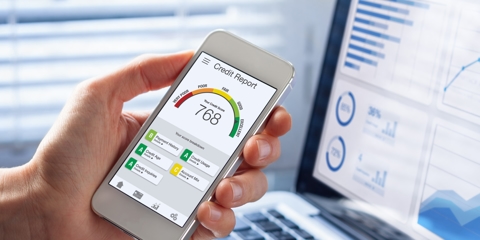The combination of a sluggish economy and rapidly skyrocketing higher education costs have left many graduates with a mountain of student loan debt. They may expect to get a very high paying job after graduation to tackle that debt, only to discover they can’t find a good job and are stuck trying to pay their debts with a low income.
Many borrowers believe they can discharge their student loans in bankruptcy. Unfortunately for them, most debtors cannot discharge student loan debt in a Chapter 7 or a Chapter 13 bankruptcy. In order to be successful in discharging student loan debt in a bankruptcy, the debtor must demonstrate that it is an undue hardship to pay the debts. This is actually a very high standard to meet – most courts are reluctant to discharge student loan debts.
In order to be successful in discharging student loan debts, you must prove three factors. First, you must show that you cannot maintain a minimal standard of living for yourself and your dependents if you are forced to repay your loans. Next, you have to show that your current financial situation is likely to continue for a significant part of the repayment period. Finally, you have to show that you have made a good faith effort to repay the loans. If you are able to prove these three factors, you may either get all or a portion of the loans discharged.
Although it’s unlikely that you will be able to get your student loans discharged in bankruptcy, a Chapter 13 bankruptcy can offer you some relief. In a Chapter 13 bankruptcy, your debts are reorganized. Your student loan debts will be treated as non-priority unsecured debts, like credit cards and medical bills. You may be able, as part of the bankruptcy, to delay or reduce your monthly payment on the student loan during the term of the bankruptcy. In addition, student loan lenders cannot try to collect the loan during the bankruptcy. This can give you some time to sort out your financial affairs. After the bankruptcy is over, which can be up to five years, you do have to repay the loans.
If bankruptcy is not an option for you, you may have other choices for dealing with the debt. First, contact your lender and explain that you are having trouble with the payments. You may be able to qualify for forbearance or a deferment. A loan consolidation may be available, which can reduce your interest rate and consolidate your loans into one payment. It’s important that you evaluate your options early, before you start missing payments. Once you have started missing payments, lenders will be much less willing to work with you.
At Holston & Huntley, our Atlanta bankruptcy attorneys will work with you to find a solution to fit your situation. You may consider a Chapter 7 or a Chapter 13 bankruptcy, or another option may be better for you. Call us today to learn more. We serve Metro Atlanta Georgia as well as Birmingham Alabama including surrounding areas.





